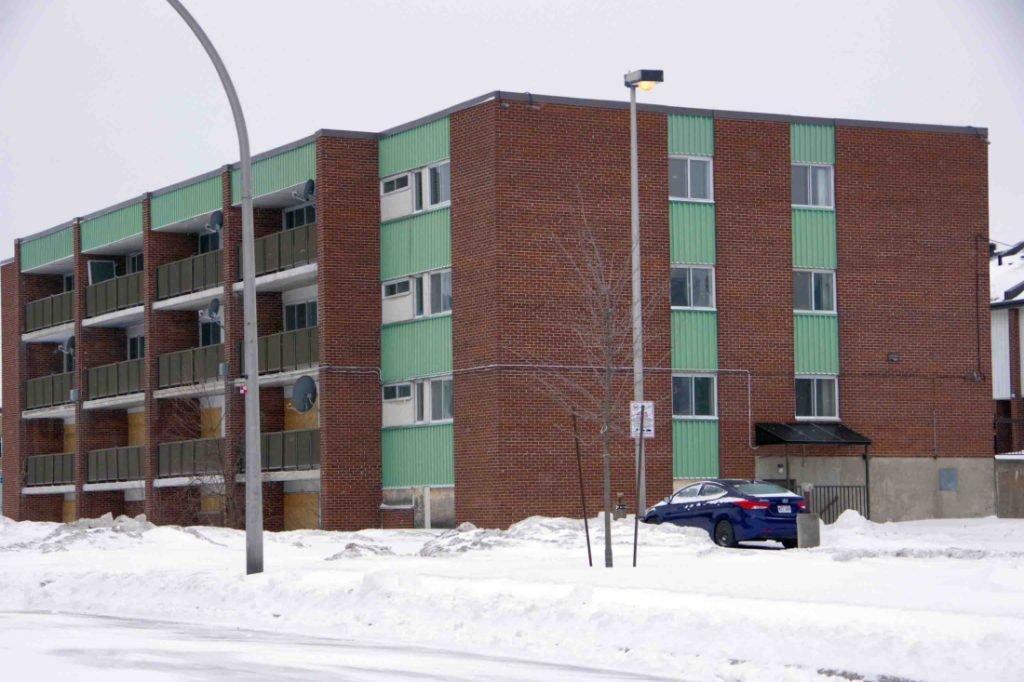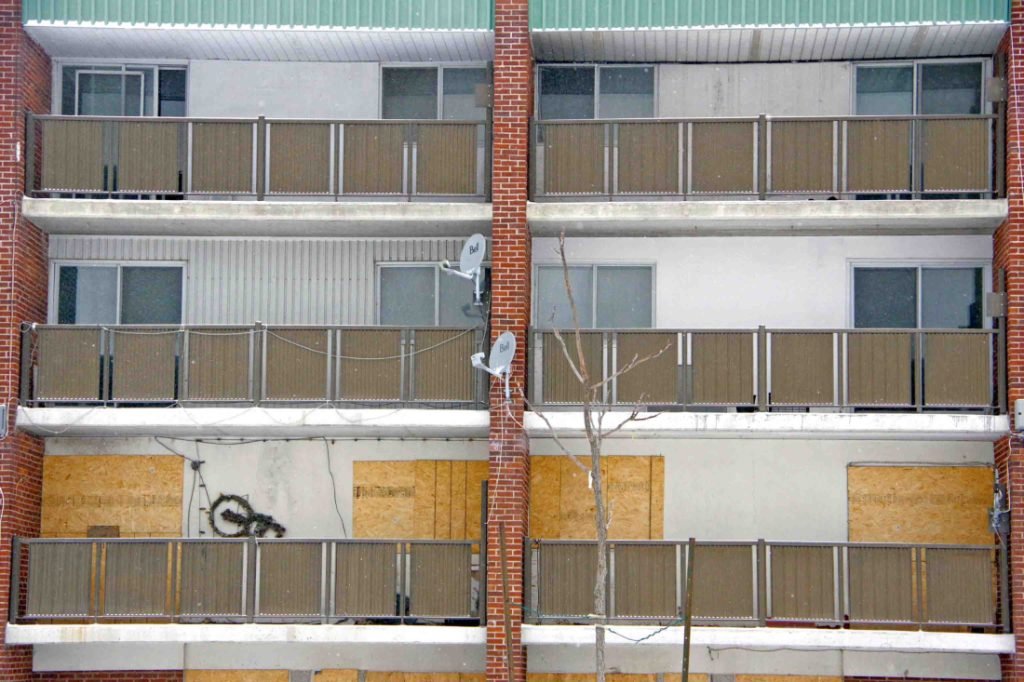‘We need more,’ but we’re building less, Mille-Îles PLQ MNA Dufour warns
Virginie Dufour calls it the “perfect storm.”
According to the Quebec Liberal Party’s critic for Municipal Affairs and Housing, inflation has driven the cost of construction so high, the province can no longer meet previous targets for new social and affordable housing.
But at the same time, there aren’t enough workers to do the job, while there remains a shortage of available properties.
Properties lacking
“The availability rate has never been so low,” the former Laval executive-committee member who now represents Mille-Îles in the National Assembly, said in an interview with the Laval News.
“And because we have an aging population with people who are getting older and cannot pay the rents that we are seeing right now, which are very high, some people simply can’t afford them,” she said.

The PLQ, the official opposition in the National Assembly, is calling on the CAQ government to match a renewed commitment last year towards new affordable housing with a dollar-for-dollar commitment towards social housing in Laval and across Quebec in view of a deepening crisis.
Potential housing for 5,000
Dufour notes that currently across Quebec, more than 1,000 previously active low-income housing (HLM) sites have been boarded up or have been vacated.
“By renovating them, we could put a roof over the heads of nearly 5,000 Quebecers,” she said in a recent statement, while adding that certain sums that were set aside as part of a Canada-Quebec agreement on housing should be channeled towards modernizing and renovating currently abandoned HLMs as quickly as possible.
In early October 2020, the federal and provincial governments announced a $3.7 billion 10-year mutual agreement, expiring in March 2028, to “improve” conditions at existing social housing projects in Quebec. Despite this, Fournier maintains some of the fund has remained largely dormant since then.

Dollar-for-dollar
“If each dollar invested in the PHAQ [Programme d’habitation abordable Québec] was matched by a dollar from the Accès-Logis program which is currently completely abandoned by the CAQ, we could give an especially strong push to social housing in Quebec,” she said.
In order to provide relief to tenants as well as building owners, the Quebec Liberals have developed a six-point list of recommendations, which includes immediately releasing previously-announced funding so that the boarded-up HLMs can be renovated and made available to needy families.
Dufour noted that at the Val-Martin housing project alone, more than 200 units currently are unoccupied and abandoned. A similar situation prevails a short distance from there at Place Saint-Martin, where boarded-up apartment buildings sit vacant and have become an eyesore.
Estimates have doubled
“Definitely those properties, those units, they should have been renovated a long time ago, but they’re not. It’s not moving because the money’s not there,” said Dufour. “The costs have risen. And so, what was worth maybe $50 million at the time is worth $100 million now. It has increased so much.”
According to Dufour, the impact of inflation on the cost of construction work has been far more severe than the toll it has taken on most other sectors of the economy.

“It’s not the same as general inflation,” she said. “It increased a lot more than that. We’re not talking about just eight per cent. And, as you may have noticed, the contracts awarded by the City of Laval has awarded in the last year are a lot more expensive than was estimated four years ago.”
Over the last four years, said Dufour, only 550 units per year of affordable and social housing were created in Quebec, compared to up to 2,000 units per year over the previous decade.
Renovations down
“So, you see, the perfect storm is that we need more, but at the same time we’re building less. And at the same time, our boarded-over HLMs are increasing because of a lack of investment in renovation.”
‘The perfect storm is that we need more, but at the same time we’re building less’
She said that the province’s total inventory of social and affordable housing consists of a percentage of buildings with units that are currently completely boarded over and shut, while others are simply in a deteriorating state although still inhabitable.
“But at some point of we don’t invest in those, they will become unliveable as well and will become barricaded units,” she said. “So, we need the government to put a lot of money. Otherwise, we’re going to end up worse off.”
Inflation’s toll
While Dufour praises the federal government for taking the initiative to commit funds along with Quebec that made new social and affordable housing projects such as the one now underway at Val-Martin possible, she insists they are no longer sufficient given the circumstances of the last three years.
“Here we are in year three, but all the money in the agreement would be insufficient by now for what has to be built or renovated,” she said, maintaining that the original cost estimates didn’t take into account the steep rate of inflation we face now.



